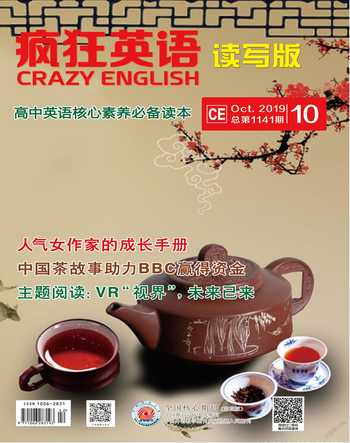Gu Qingsheng, the guardian of Shennongjia 古清生,神农架的守护者
吴旋


The giant panda is probably one of the most famous symbols of China. But the golden monkey, an ancient species known for its gorgeous back hairs, is also considered one of the country's “national treasures”. This shy and mysterious creature lives in mountain forests in central and western China and is rarely seen.
However, one man has made it his mission to lift the veil of the mystery of the golden monkey through his vivid descriptions and photographs. Gu Qingsheng, a writer with Chinese National Geography, has observed golden monkeys in the Shennongjia forest of Central China's Hubei Province for more than 11 years.
Shennongjia is the highest peak in the nature reserve, standing at 3,106 meters above sea level. It is named after Shen Nong, one of the three great heroes of Chinese culture, the other two being the Yellow Emperor and Fu Xi. This is where Shen Nong tasted hundreds of herbs and determined which were medicines and which were poisons, according to the Herbal Classic, a historical Chinese text on herbalism and medicine.
In December 2006, Gu teamed up with the Dalongtan scientific research team of the Shennongjia Golden Monkey Conservation Resea-rch Center and observed the golden monkey for one month. Gu has compiled the research team's observations from the past 10 years into a book titled Golden Monkey Tribe. Gu himself conducted in-depth observations of the monkey tribe three times between 1991 and 2007. For the first time, he was able to observe the golden monkey's society, family and living habits.
Previous studies had led to a hypothesis that the tribe was ruled by a king. Male monkeys fight for the position, and once a younger monkey takes the throne, the tribe begins a new chapter. But after analyzing the power structure of the Dalongtan Golden Monkey Tribe, which consists of multiple families, Gu and other researchers believe that in each family there are male leaders but no king.
In 2009, when everyone else was busy chasing fortune, Gu made a decision to leave Beijing and settle down in the mountains, which he later described as a paradise in his latest book. Now he has transformed from a writer into an expert on golden monkey research, tea, beekeeping and botany. “The more I get to know about Shennongjia, the humbler I feel about myself in front of nature,” Gu said. His latest book is filled with details and pictures of seasonal trees, blossoms, birds, bears and fish.
Reading Check
1. What does the underlined word “lift” mean in paragraph 2?
A. Transport. B. Raise.
C. Uncover. D. Disappear.
2. When did Gu settle down in the mountains?
A. In 2006. B. In 2007.
C. In 2008. D. In 2009.
3. What do we know about Shen Nong according to the text?
A. He completed the famous book Herbal Classic.
B. He was one of the three great heroes in the world.
C. He did lots of observations of the golden monkey.
D. He tasted many herbs to determine whether they were medicines or poisons.
Language Study
Difficult sentences
1. However, one man has made it his mission to lift the veil of the mystery of the golden monkey through his vivid descriptions and photographs.
翻譯: _____________________________________
__________________________________________________________________________
【点石成金】make it ones mission to do 表示“把做……作为某个人的使命”,其中it作形式宾语,真正的宾语为“to lift the veil...monkey”。
2. The more I get to know about Shennongjia, the humbler I feel about myself in front of nature.
翻译: __________________________________________________________________________
【点石成金】the more..., the more...意为“越……,就越……”。

